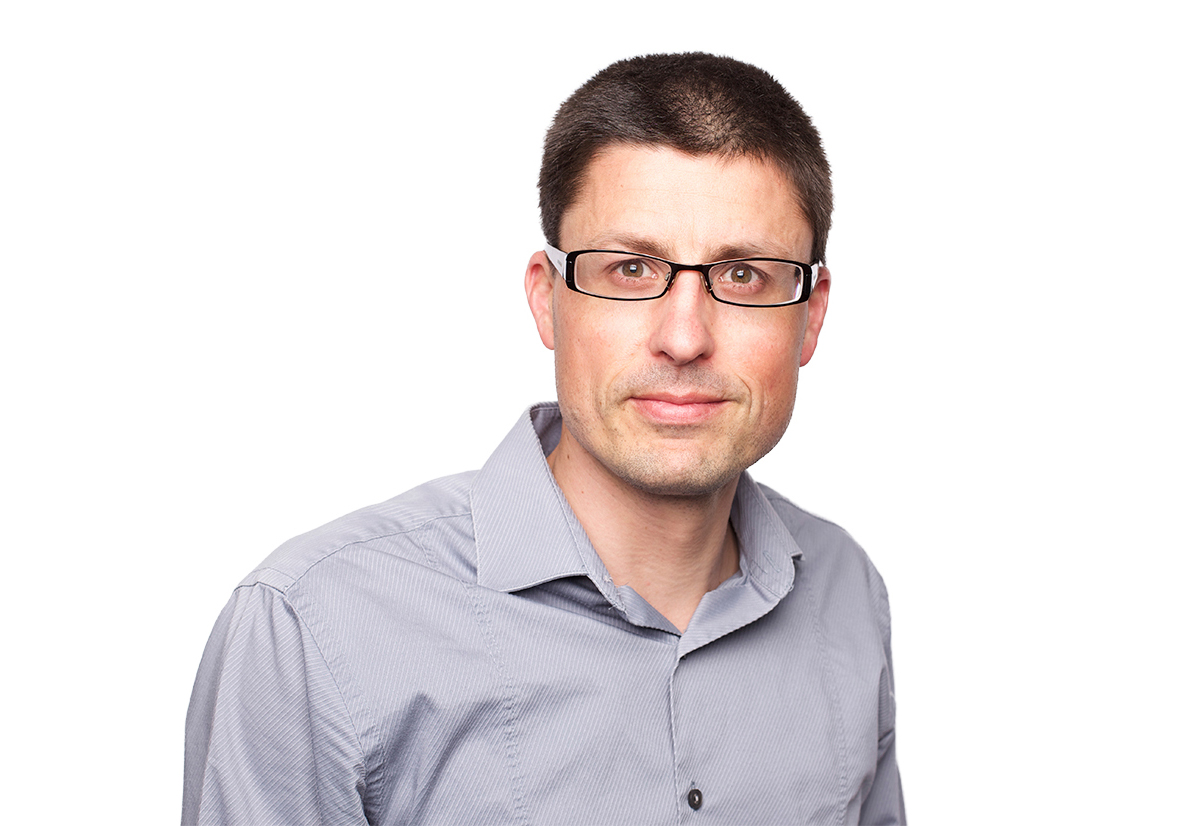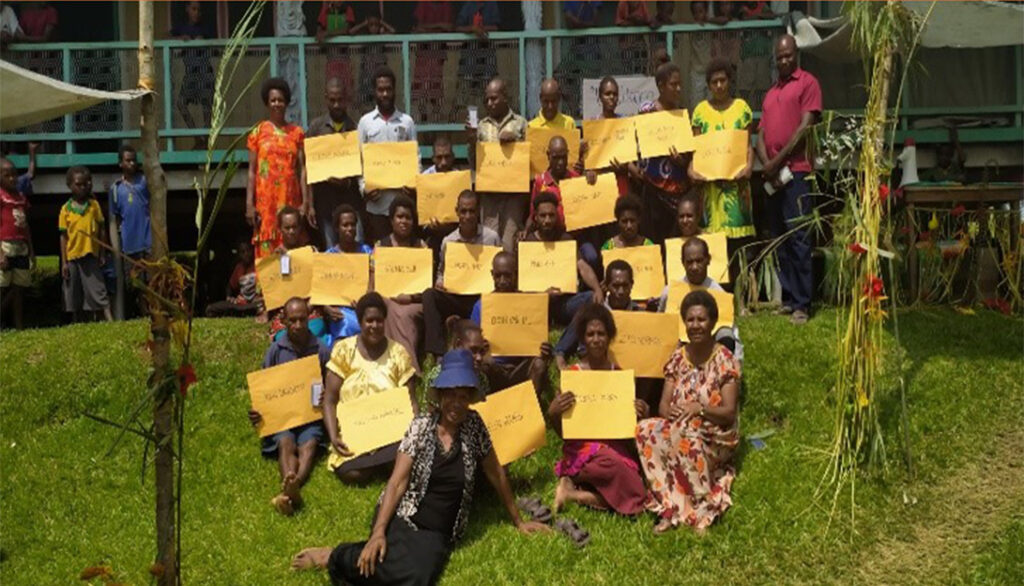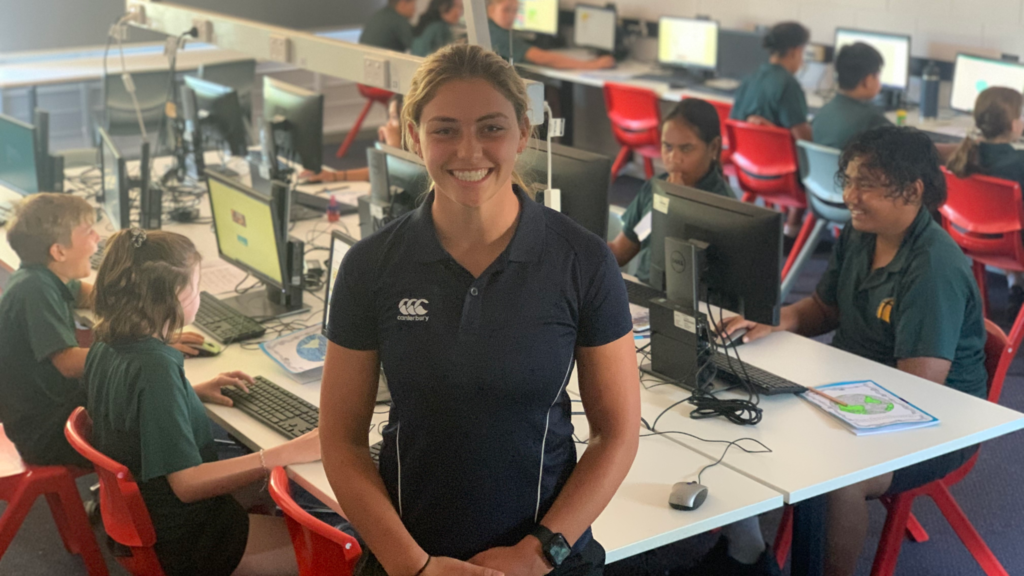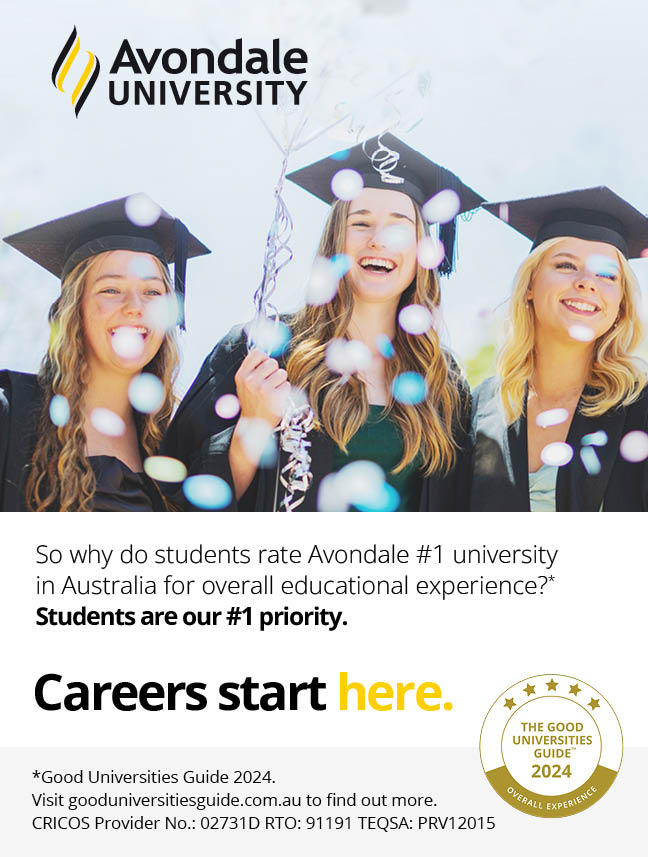Dr Jason Hinze’s thesis for his Doctor of Philosophy degree examined “The Impact of an Overseas Professional Teaching Experience in a Developing Country on Pre-Service Teachers’ Stories of Self.” Hinze describes these stories of self as developing new and connected personal and professional identities.
Overseas professional teaching experiences (the OSPEX in the title) can, with the right components, facilitate this connected identity and develop pre-service teachers’ cultural competence, says Hinze. Plenty of research measures the impact of overseas experiences on cultural competence but “it assumes all experiences are effective and rarely engages in a more meaningful discussion about the components required if overseas experiences are to be successful”.
Those components? Ensuring pre-service teachers experience significant challenges, high levels of freedom and high levels of belonging.
We asked Hinze, the Secondary Course Convenor and the coordinator of Ministry Of Teaching Overseas in the Discipline of Education at Avondale College of Higher Education, about his study and about how he will apply its findings in his classes.
You based your findings on the experience of your students. Did any finding—or any experience—surprise you?
Teacher educators usually consider connecting pre-service teachers with expert practitioners as one of the most important parts of the students’ development. But pre-service teachers appear to learn even more profoundly from interacting with perceived equals such as peers rather than expert practitioners. It’s important pre-service teachers are connected with people they trust when they’re attempting to make sense of new experiences and overcome challenges.
You’re a true believer in the value of overseas professional experience. Apart from the learning outcomes for your students, from where does this belief come?
It comes from my own life-changing experience. I was 17 and no one in my family had ever been given the opportunity to travel outside of Australia. While it was more than 20 years ago, I remember my family and me all crowding around a globe and putting my thumb on Sydney and stretching my index finger all the way to Bangkok, Thailand. With no previous experience, I assumed the whole world resembled Western Sydney. After a month living with a refugee community on the Thai–Burmese border, I returned to Australia a different person with a new story. [pullquote]
I’ve also seen the power of immersing pre-service teachers in overseas professional experiences. Quality teachers have good reasons that adequately explain everything they do. While copying techniques demonstrated by others may work temporarily, unless a teacher’s practices are based on sound understandings, they’re likely to quickly become irrelevant and ineffective in ever-changing classrooms. Rather than relying on beliefs and behaviours that have never been personally examined, quality teachers establish their own based on real experiences. Some of the most beneficial experiences come from teaching in developing countries.
How will the findings of your research influence how you prepare pre-service teachers?
My wife and I took our kids camping. We went for a walk and came across a mother duck followed closely by nine ducklings. My wife asked our three-year-old, “How many ducklings can you see?” Before she even had time to think, a man walking past came to her rescue with the answer. My daughter smiled and never gave the question another thought. I, too, have made the mistake of thinking I would be helping by prematurely providing my students with answers, extinguishing all curiosity and confusion. Placing pre-service teachers in experiences that promote confusion and inner discomfort may initially appear unnecessary, but I now believe it’s only by destabilising existing beliefs and behaviours, often developed by habitual thinking and action, that real transformation comes. Authoritative teaching that bypasses this confusion and discomfort by transmitting formulated knowledge will be ineffective in developing learning.
What will this preparation look like in practice?
I’ll provide more opportunities for my students to share their stories and learn from each other, to experiment. I’ll immerse them in challenging experiences and surround them with people they trust. I’ll give them more freedom to learn for themselves. And I want to see them experience the joy that comes from making a contribution to the lives of others.






